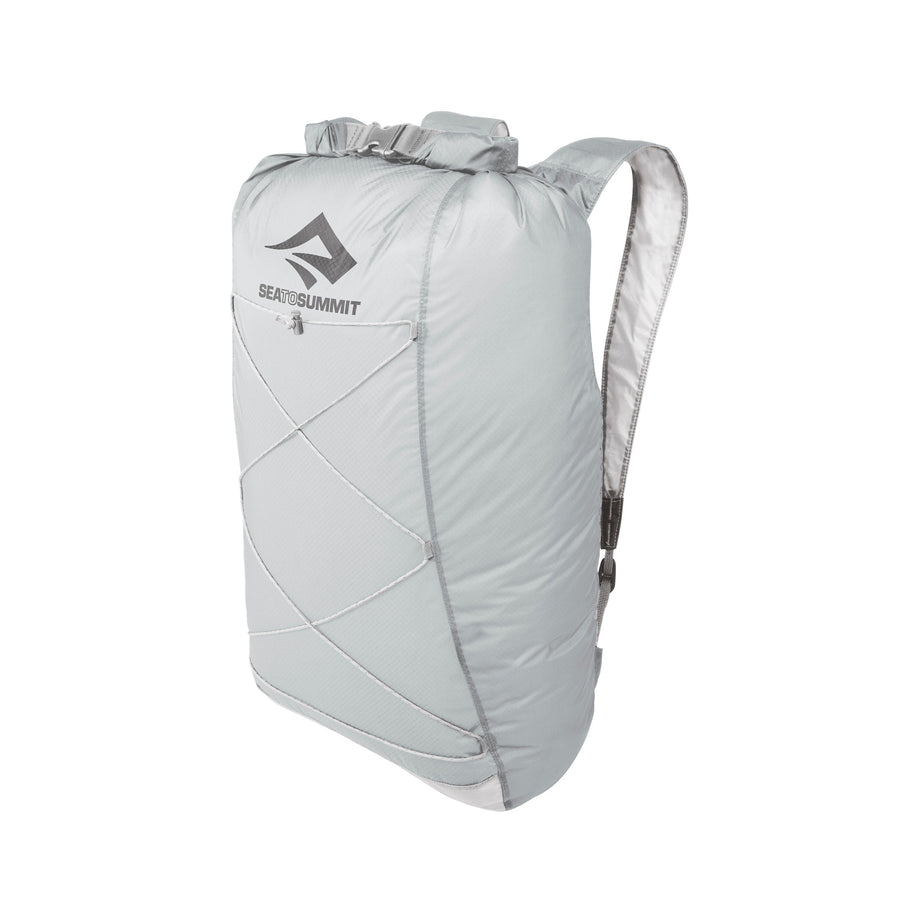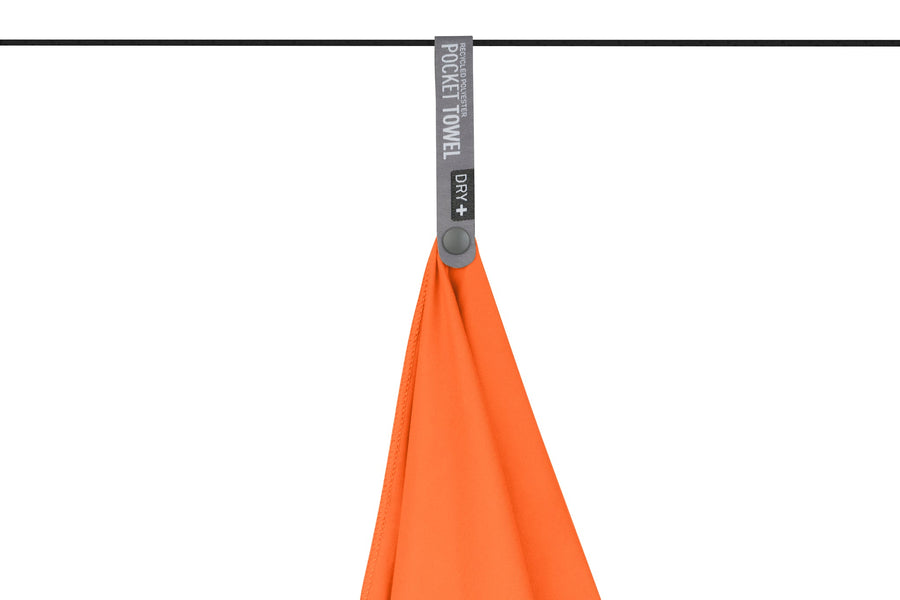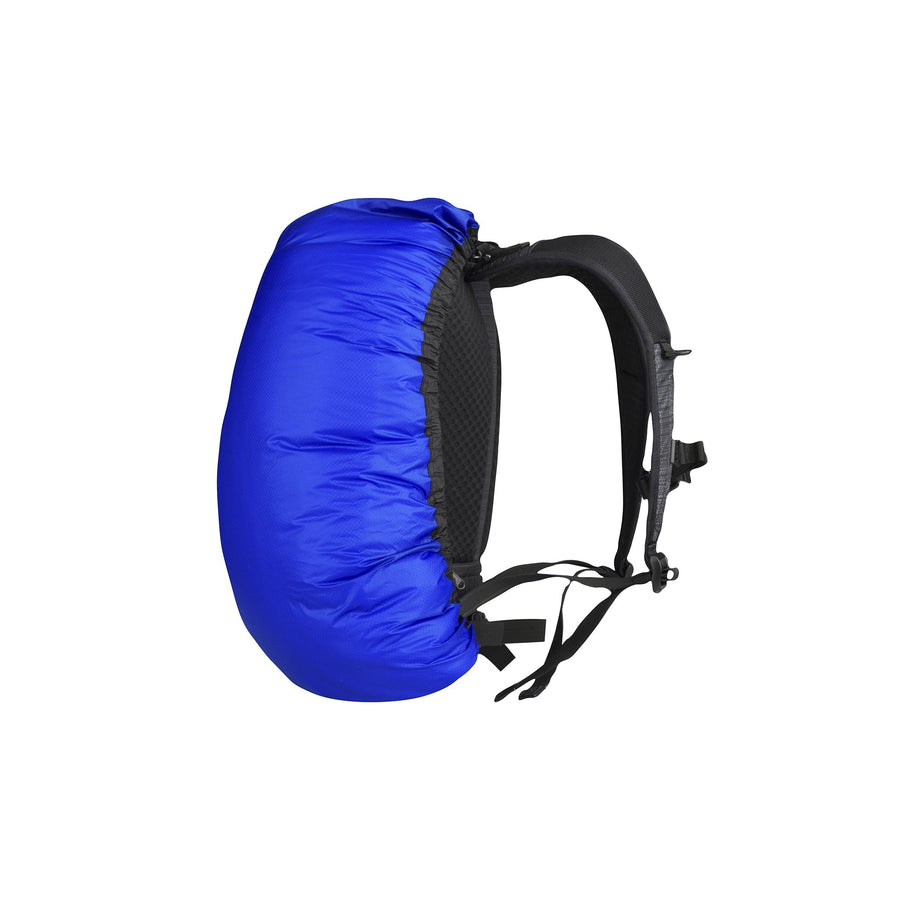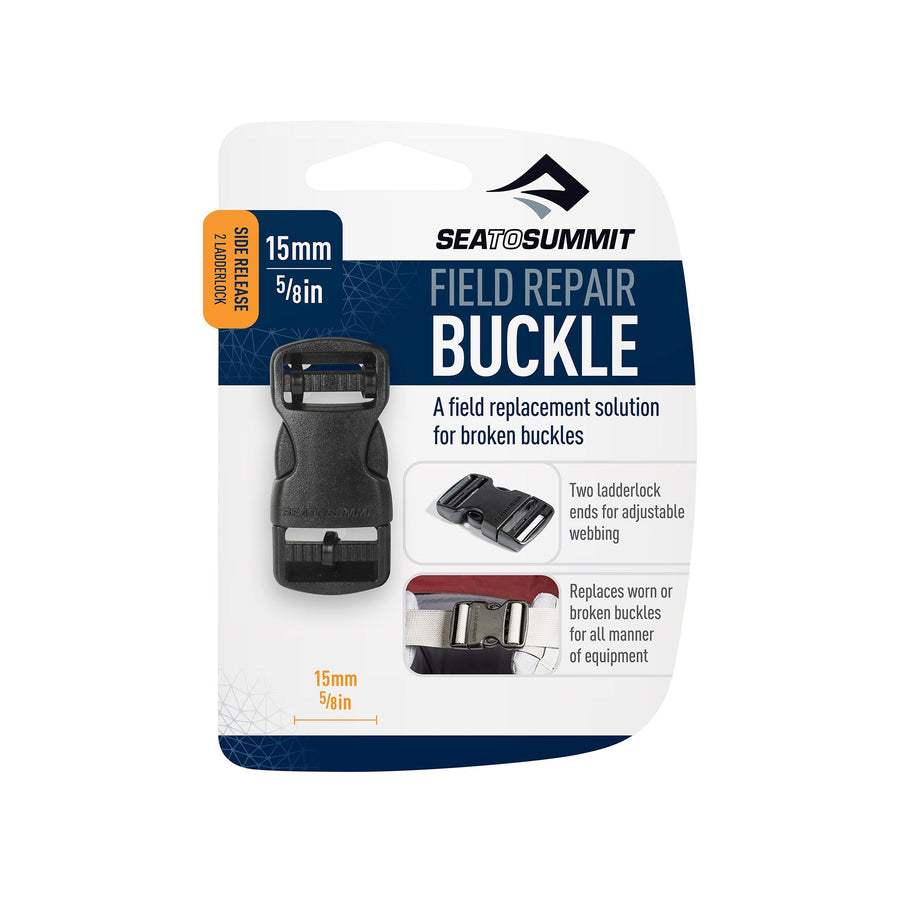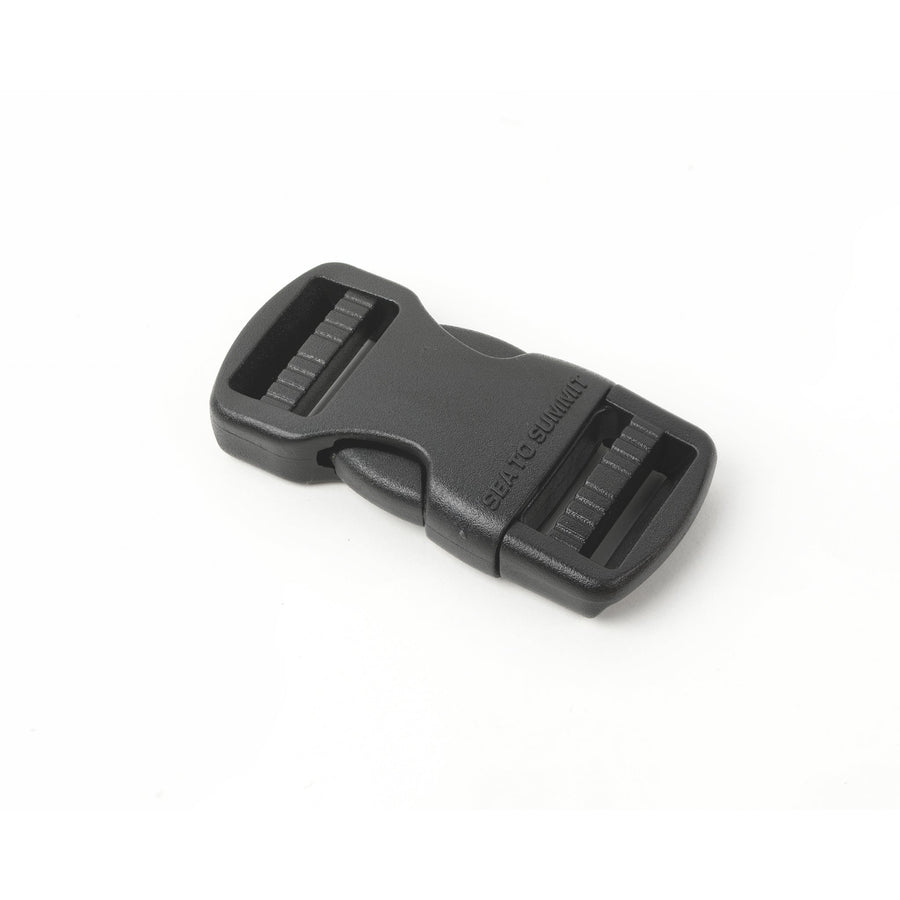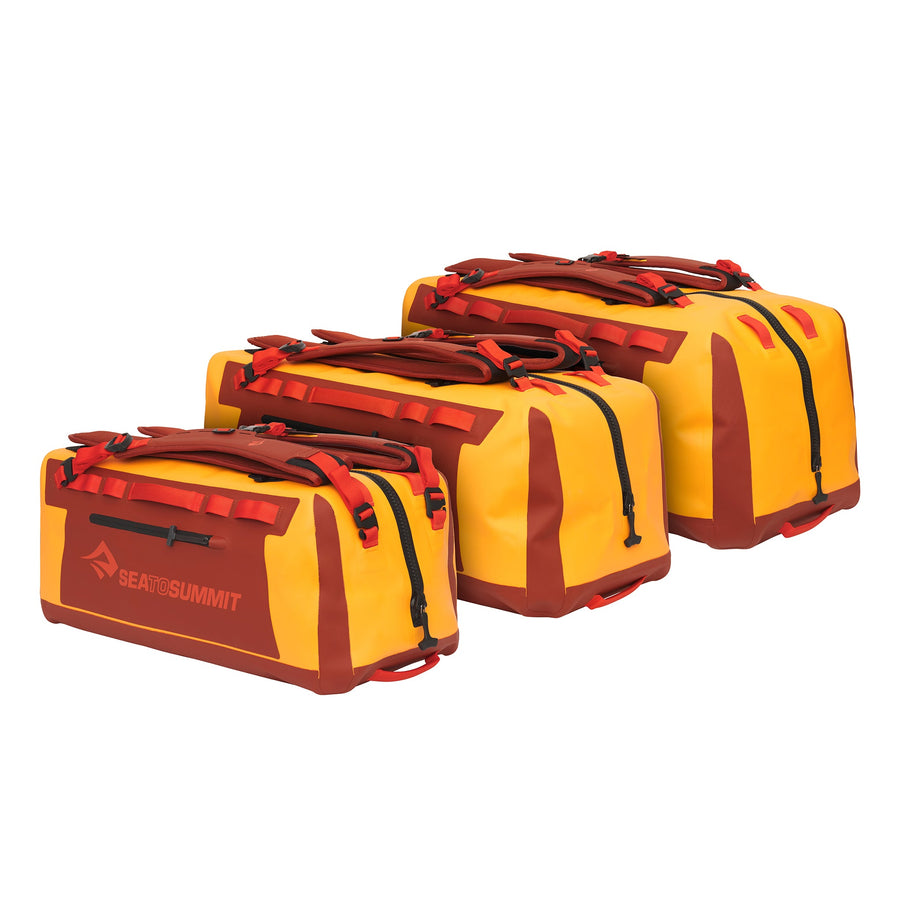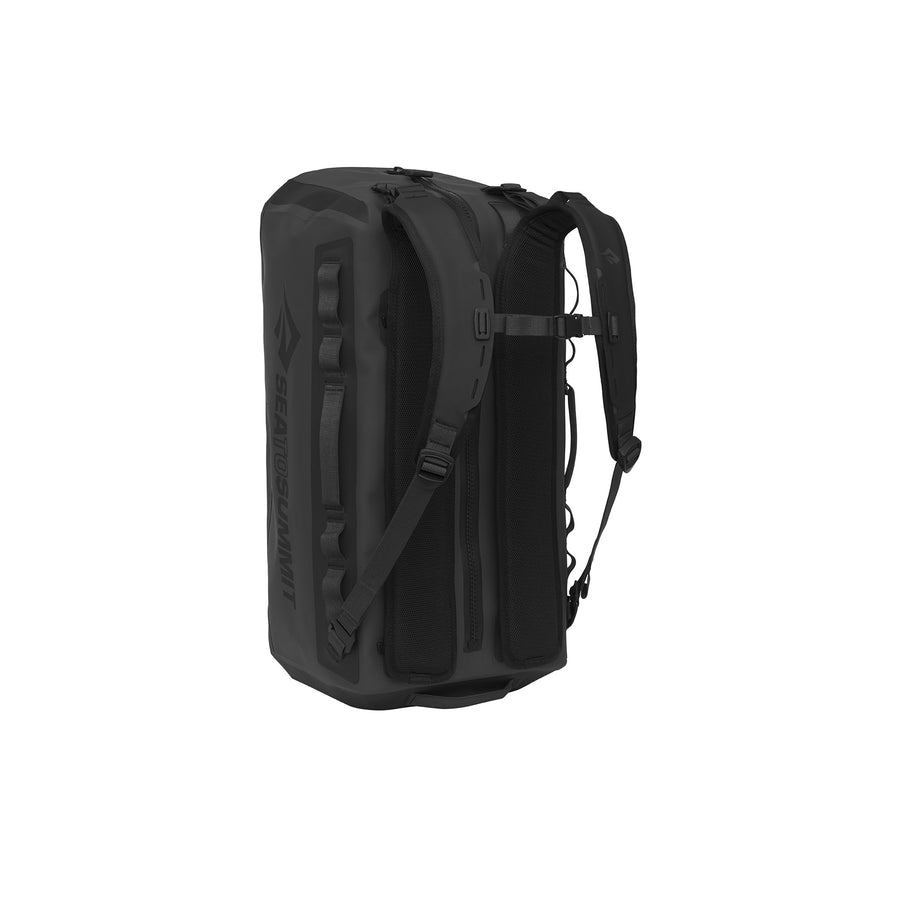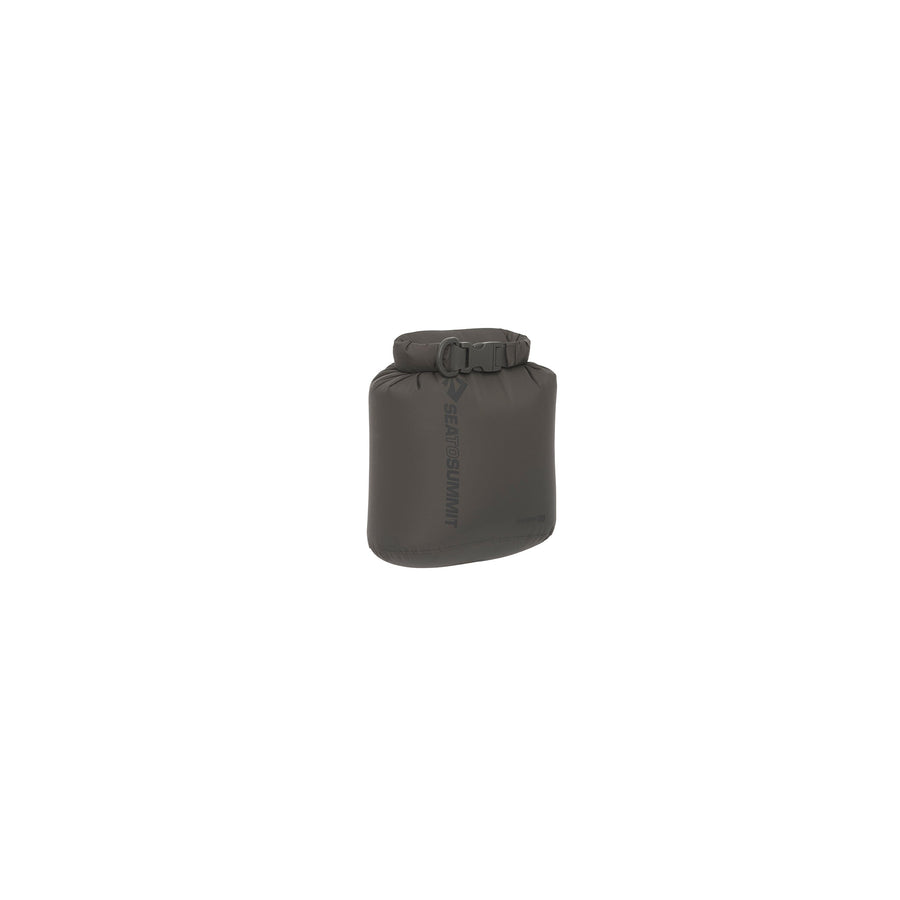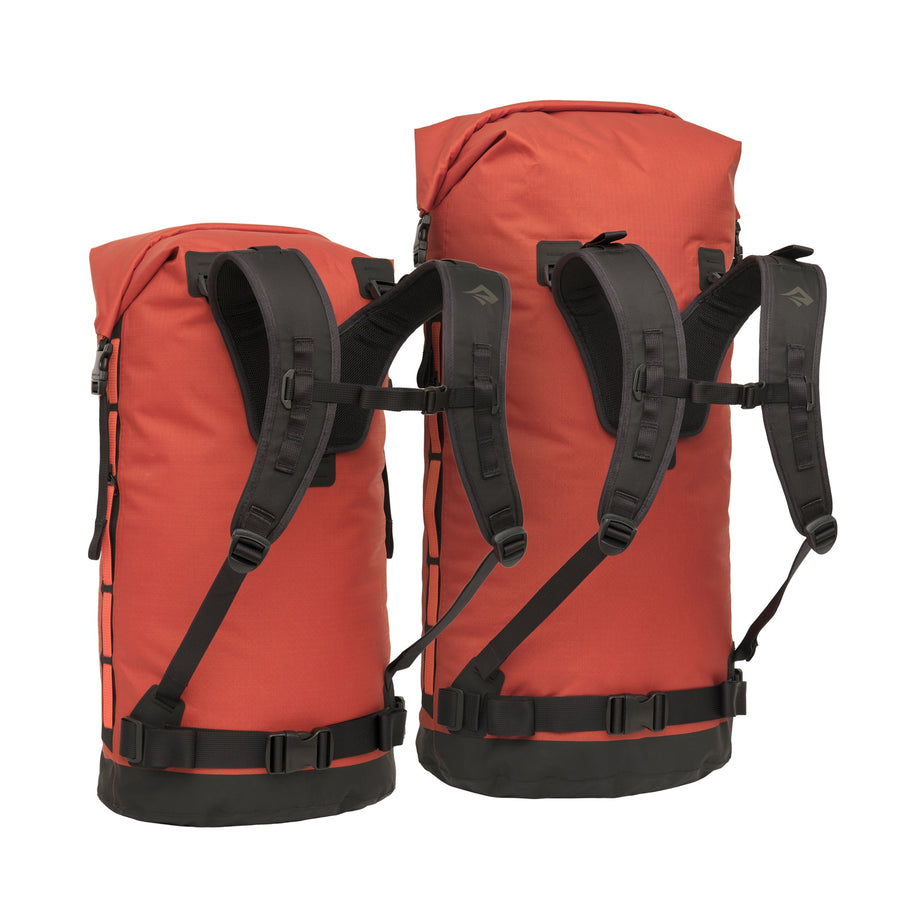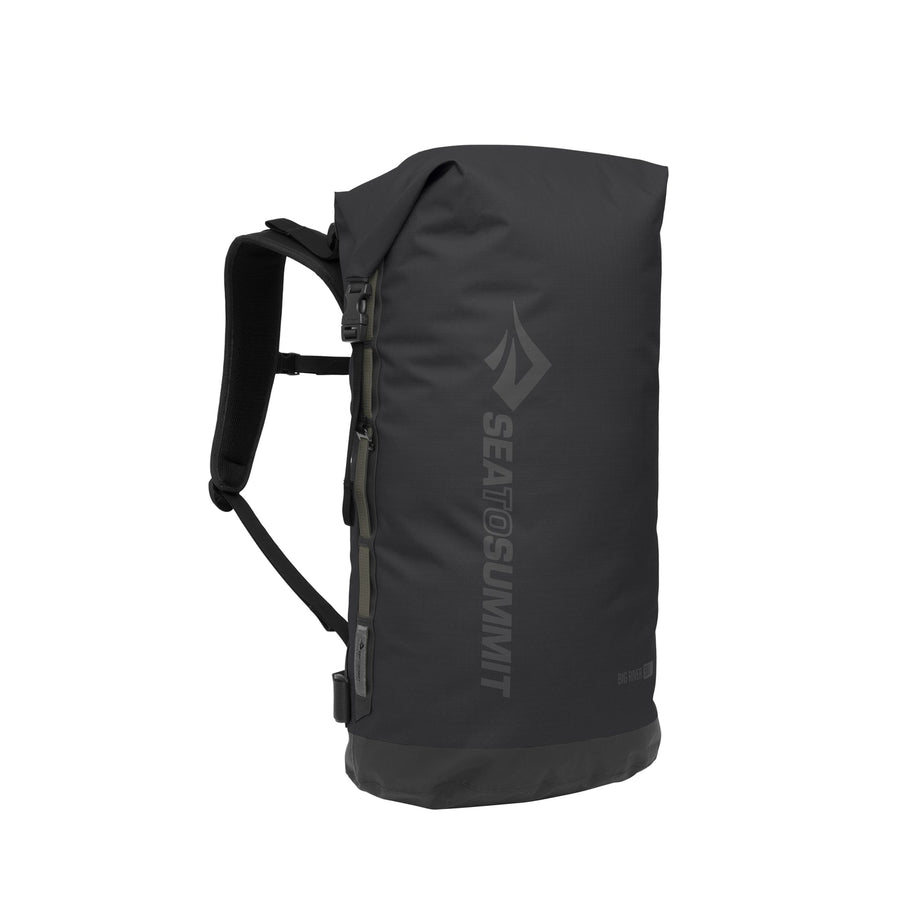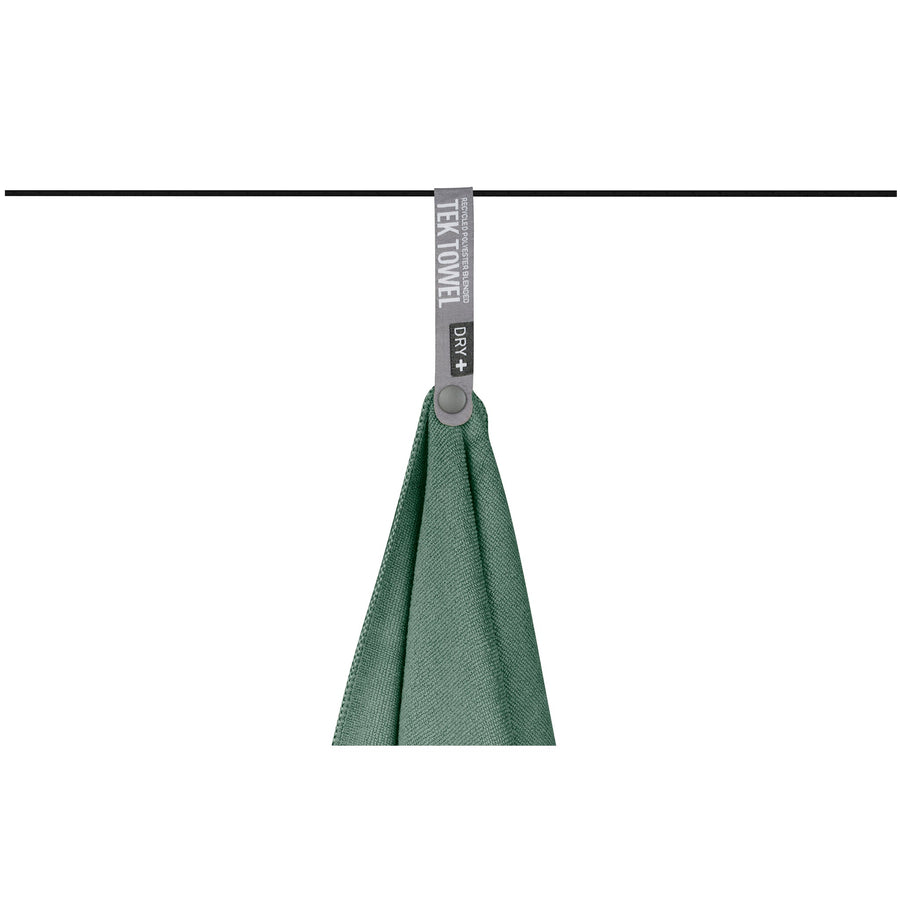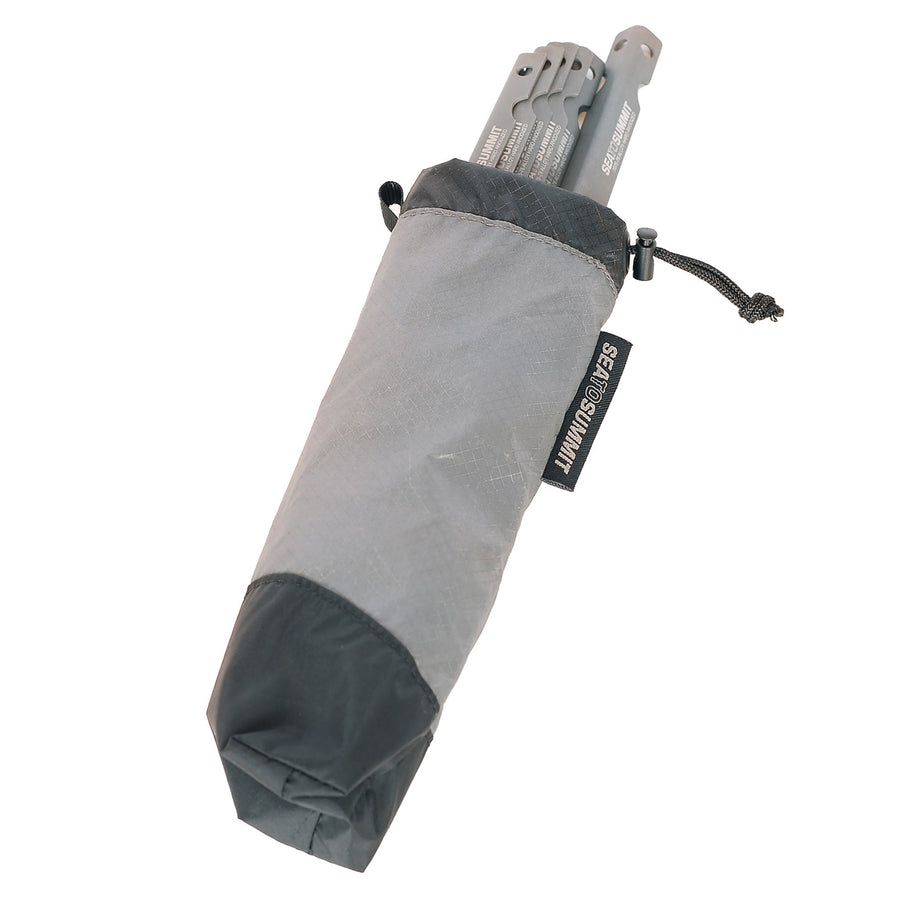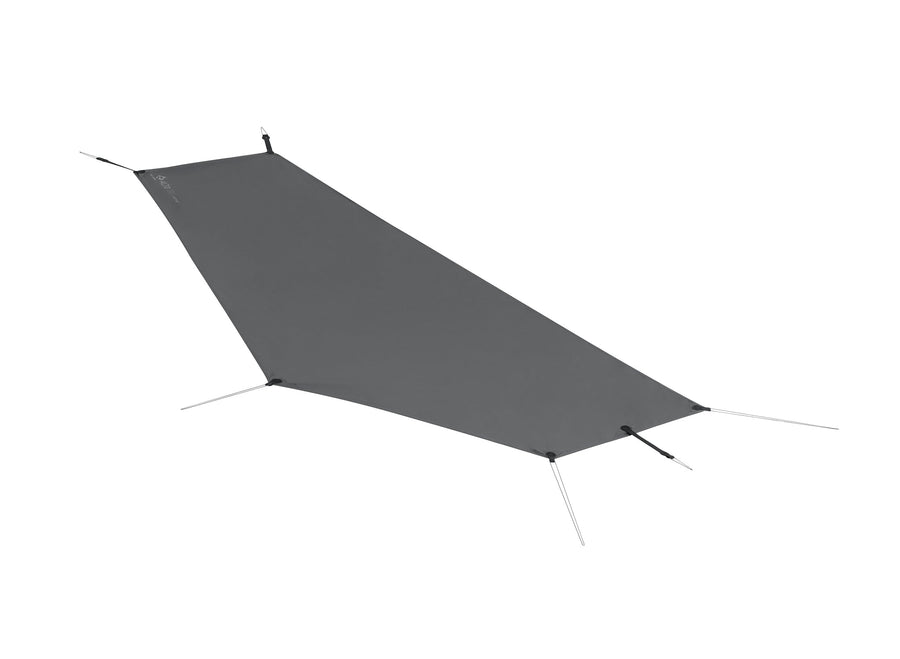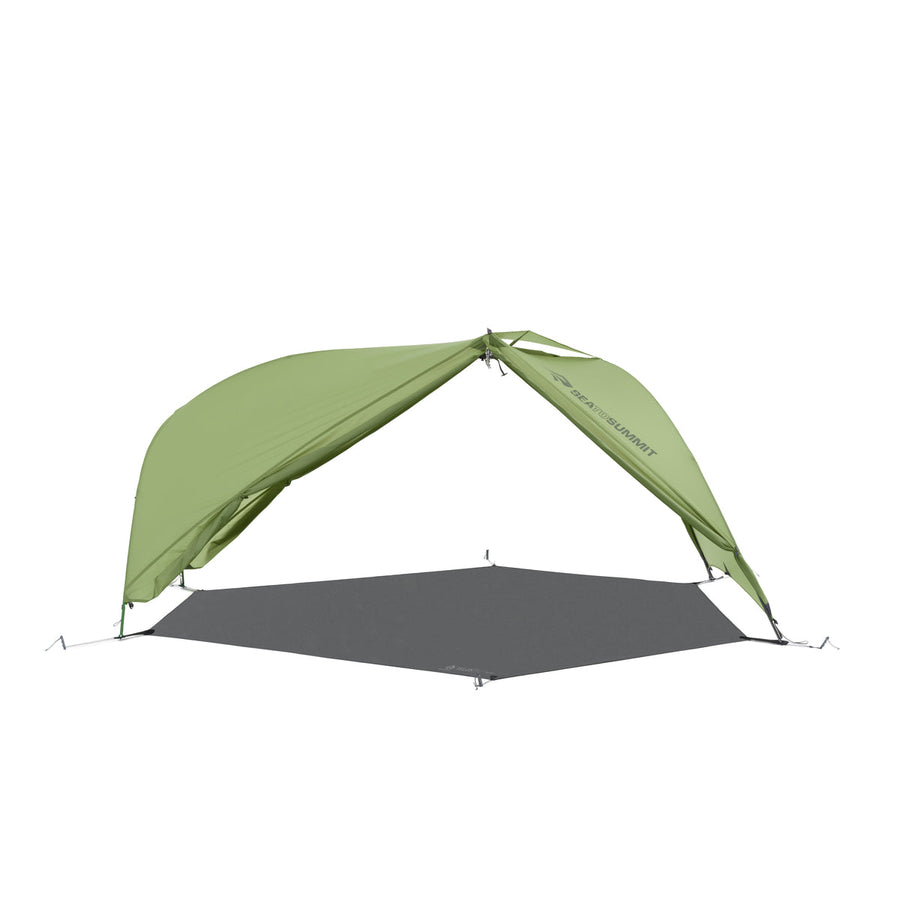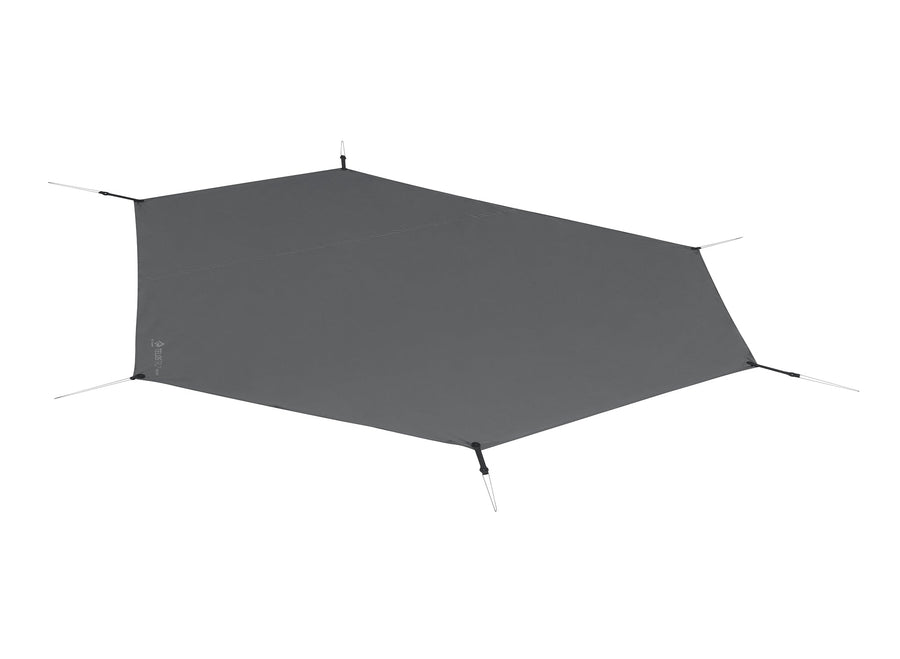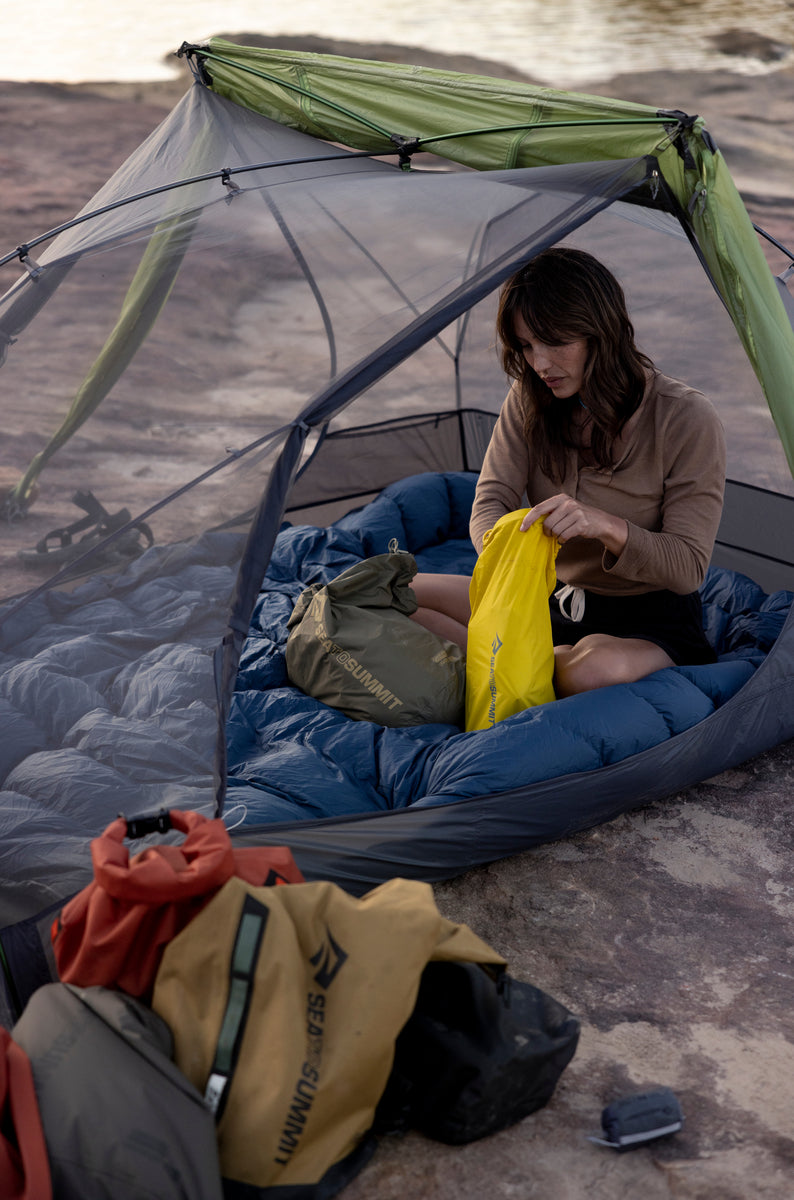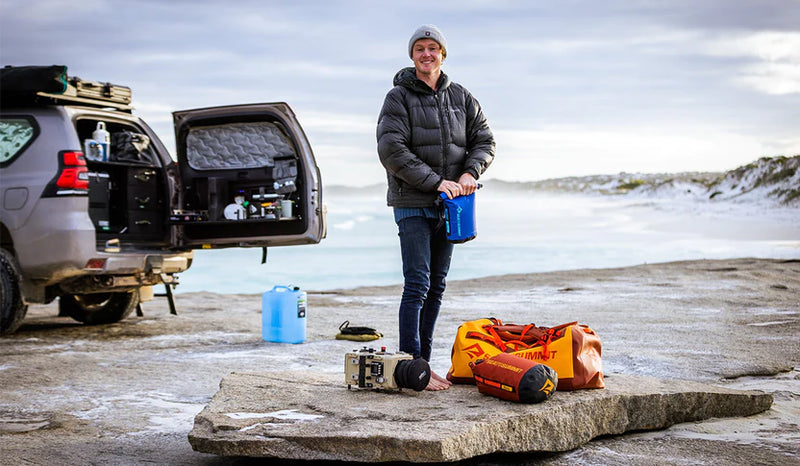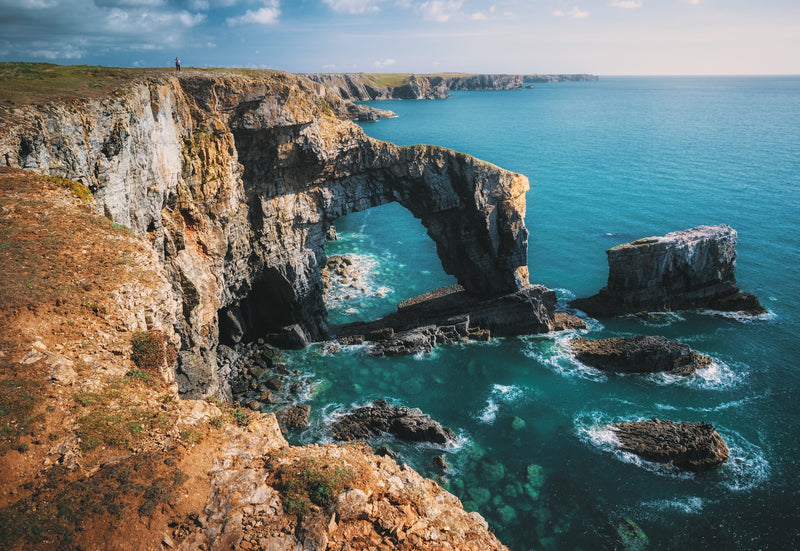Diversity, Ego, and Mileage: The Struggle for Inclusivity in the Thru Hiking Community
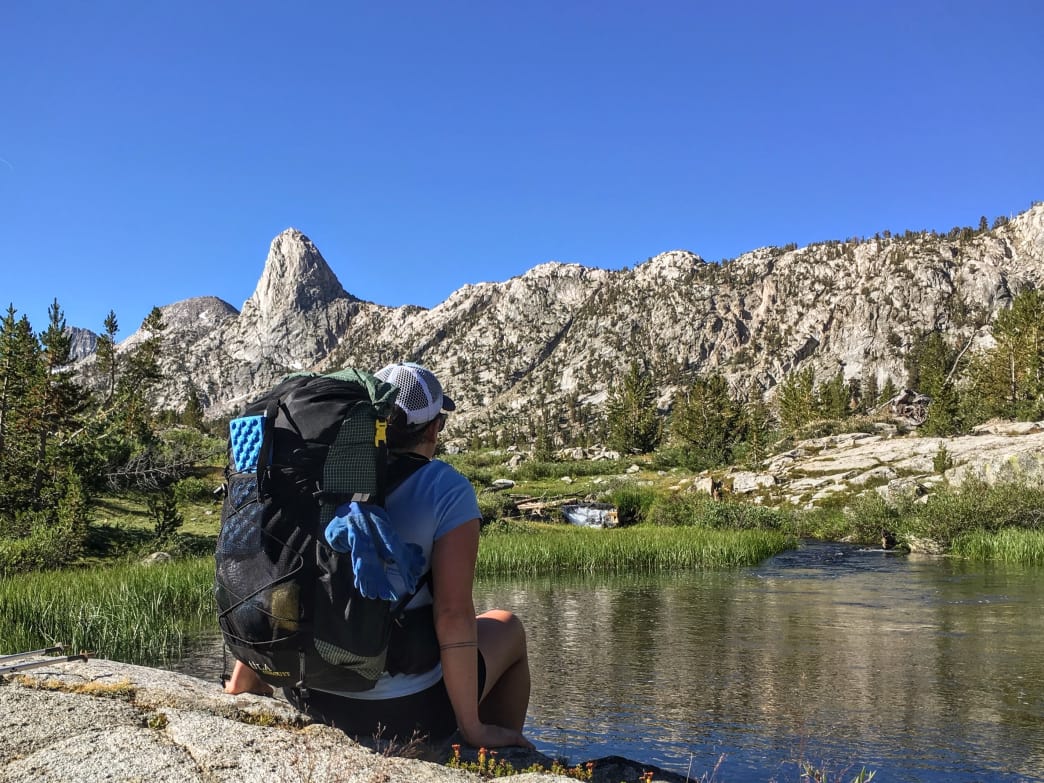
In recent years thru hiking has seen an explosion in popularity. Whether it’s due in part to the hugely popular book-turned-blockbuster Wild by Cheryl Strayed or simply because people are venturing outdoors in record numbers, America’s scenic trails are seeing a massive spike in numbers of hikers. Permits issued for the Pacific Crest Trail—which is perhaps the most popular of America’s triple crown trails along with the Appalachian Trail and Continental Divide Trail—have more than doubled between 2013 and 2016.
But that increasingly mainstream status hasn’t come without controversy, starting with the very essence of what a "real" thru hike is.

For many, a thru hike of any length involves simply walking from one end of an established route to the other, ideally completed in a hiking season (or one calendar year) without skipping any large sections, though one can expect some accidentally missed miles or detours that result in not hiking absolutely every inch of the route. On the PCT, for example, hikers are routinely forced to skip dozens of miles due to closures caused by endangered species and forest fires. Hikers typically handle this by hitchhiking around the closures to where the trail reopens and continuing on their way. After all, for most, a thru hike is about the adventure at large and less about the exact number of miles walked.
Conversely, some members of the hiking community believe a true thru hike should be a finitely defined thing. To these purists, a thru hike is hundreds (if not thousands) of miles long, consists of one single continuous footpath with absolutely no breaks—and no exceptions to the rules. When confronted with the same fire or endangered species closure, these hikers would elect to road walk around the closure, thus preserving their continuous footpath.
However, and more alarmingly, this vocal subgroup of purists has openly criticized hikers who don’t share their views. Carrot Quinn, author of Thru-Hiking Will Break Your Heart who has hiked more than 9,000 miles, dug into her own experience in a 2017 blog post entitled "I Have to Get Something Off My Chest".

In the post, Quinn describes her dilemma while hiking the approximately 800-mile Hayduke Trail in 2016 when she fell severely ill. She required a medical evacuation but, to Quinn’s surprise, medics arrived in a helicopter instead of a vehicle because of the remote location she and her hiking partner were located in.
Regarding Quinn’s decision to not reveal those details in her blog at the time, she explains: "...instead of writing about the rescue, I said that we’d hitch-hiked into town. I did this not because I was ashamed … but because I knew that once word got out about my helicopter rescue, I would be bullied and trashed for it within the long-distance hiking community, and I wanted to delay the inevitable."
Indeed, Quinn goes on to describe how she was bullied online, and that "ever since then, gossip about how I’m a ‘fake hiker’ continues to make its way back to me." She says there are “ some really, really bad apples in the long distance hiking community”, people “who would be driven out of many other communities for their shady ways, but simply because they’ve walked a lot of miles, they are held up as heros.”
This dark side also is opening the door to a conversation about inclusivity, diversity, and privilege in hiking circles (and the outdoor community at large). Among those who are speaking up is Vanessa Pamela Friedman, a self-described queer, fat, femme hiker who completed more than 450 miles of the PCT in 2017. As she wrote in an article for Autostraddle.com, an online community geared primarily toward lesbian, bisexual, and queer women, "There’s a long, rich history in the United States of pretending that white cis straight thin athletic men are the only people who enjoy being outdoors. If you flip through an REI catalogue, scroll through popular outdoorsy Instagram accounts, or visit our National Parks, there is an overwhelming lack of representation of anyone who does not fit that mold."

As many have noted, the majority of the marketing in the hiking and outdoors communities targets white, able-bodied men. However, it’s these same people who are now speaking loudest about the idea that there is one right way to thru hike, thus making an already expensive and esoteric pastime more exclusive.
And it’s not just these hardcore purists making proclamations online. A 2015 New Yorker article bemoaned the fact that the most popular hiking books are ones in which the authors do not hike the entire trail. In the article, the author rails against A Walk in the Woods and author Bill Bryson for stating that he hiked the Appalachian Trail despite skipping large portions. In many PCT hiking communities, Strayed is derided for not completing the whole PCT, despite the fact that a complete thru hike was not her initial goal nor, arguably, the point of the narrative in Wild. (In fact, one hiker created an entire website called [www.donthikelikewild.org](www.donthikelikewild.org) that heaps scorn and criticism onto Strayed and her book.)
The collective message? If you didn’t finish the whole hike the way certain people feel you should, your experiences and efforts are invalid.
This elitist mindset fails to take into account the kaleidoscope of lifestyles and backgrounds that thru hikers represent. Furthermore, this way of thinking doesn’t recognize the financial, situational, and cultural privilege associated with taking several months (or even weeks) away from one’s life. Finally, it diminishes the experiences of people who can only get out for a weekend or a few days.

On the other hand, it’s only human nature to feel protective of, say, hiking the entire length of the AT or PCT and want to preserve the integrity of such a feat. But, thru hikes are not sacred, scarce, or reserved for a small percentage of the population: Just like public lands, they’re available to everyone. Furthermore, one person's success does not diminish another’s. The fact that there will likely be more thru hikers in 2018 than ever in history doesn’t take away from all the hikers that came before—if anything, it adds to the prestige of the booming community.
And as it continues to grow, the thru hiking community has some serious work to do if it wants to be more inclusive and welcoming to the new faces that are making their way onto the trails. Which isn’t to say that the thru hiking community is devoid of merit, in fact, many thru hikers speak effusively about how wonderful their on-trail family is. But perhaps it’s time to move beyond the ever-popular thru hiking mantra "'hike your own hike" and start speaking up so that everybody can have a better hike. This means challenging those who voice exclusionary and belittling opinions, welcoming new hikers and supporting their journeys, and setting a higher standard for acceptable behavior—regardless of how many miles people are hiking, or how they’re choosing to hike them.
Written by Kara Kieffer for RootsRated and legally licensed through the Matcha publisher network. Please direct all licensing questions to legal@getmatcha.com.

